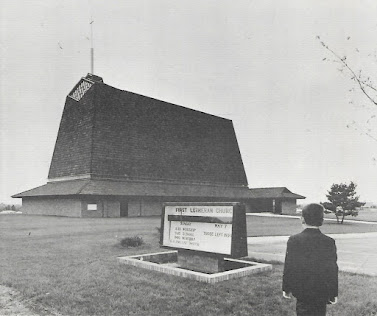Not My Will But Yours
By Bishop Brian Maas
Father, for you all things are possible; remove this cup from me; yet, not what I want, but what you want.” –Mark 14:36
When this text was chosen months ago as the theme for April’s Tell the Story blog theme, we were thinking primarily of Holy Week. We had no idea how fitting it might be instead for the experience we all share of living in a time of pandemic. With Jesus, we pray to the God in whom we know all things are possible, that the cup of suffering known as COVID-19 might pass from us. In faith, we also pray, “not what I want, but what you want.”
Our understanding and our experience of God is that it is not our suffering that God seeks. Contrary to what some preach, I am utterly confident that—I stake my life on the certainty that—this virus is not God’s weapon to punish us or to teach us a lesson. It is simply one consequence of a world broken by sin, a world in which things do not yet function as they will when all creation is made new and perfect. Until that time, things happen.
I believe that our baptism, our role as disciples, calls us to fulfill God’s will, to live Jesus’ prayer, “not what I want, but what you want.” What I want is a rapid end to all suffering. What I want is for the virus to go away. What I want is for the fear and the pain and the grief to end. Immediately.
That is not how life works; that is not the universe in which God has set us, with a will that can be free only because we can choose other than we ought, because we live in a universe still unfolding and prone both to beauty and to disaster.
Doing “what God wants,” living not my will but God’s, means being given the power not to magically change things, but to respond to my neighbor’s need, to pray in the confidence it makes a difference, to live in a faith stronger than my fear.
With thanksgiving for the Good News of God in Jesus Christ, for the example of Jesus’ obedience, for his defeat of death, and for the call to share both his obedience unto death and his resurrection life, I dare to pray, acknowledging my own fear in doing so, “Father, for you all things are possible; remove this particular fearsome cup of suffering from us; yet, not what I want, but what you want.”
And I dare to confess: Christ has died. Christ is risen. Christ will come again.




Comments
Post a Comment